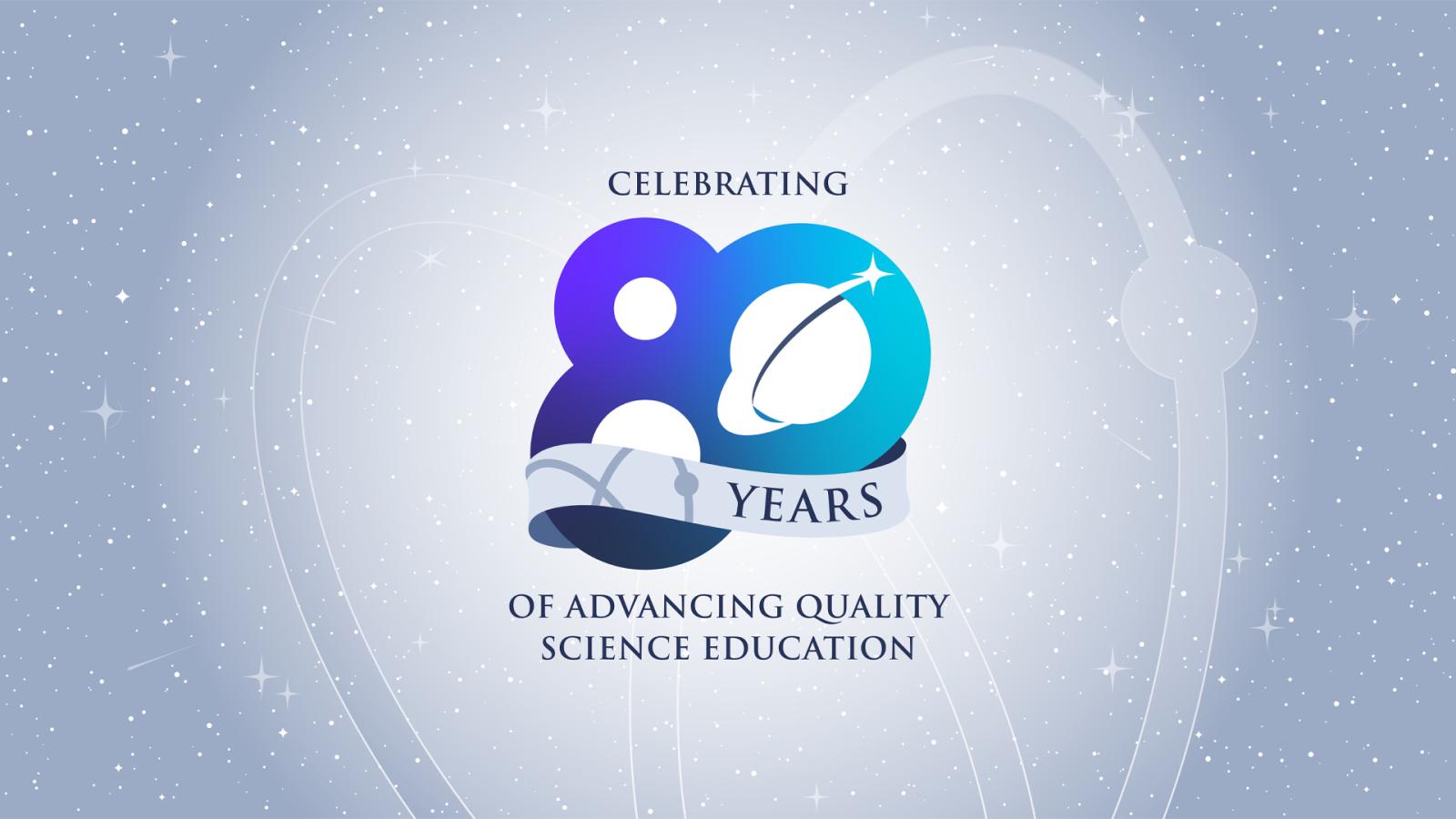Celebrating 80 Years of Success
By Alicia Conerly, 2024–2025 NSTA President
Posted on 2024-07-11

Disclaimer: The views expressed in this blog post are those of the author(s) and do not necessarily reflect the official position of the National Science Teaching Association (NSTA).
The National Science Teaching Association (NSTA) has long been a cornerstone of excellence in science education. For decades, it has provided invaluable resources, innovative programs, and a thriving community for science and STEM educators. Through its national conferences, extensive professional learning opportunities, and collaborative efforts with other organizations, NSTA continues to lead the way in transforming science education. I wrote this blog post to highlight the impact and success of NSTA’s innovative programs and resources and to recognize the contributions of its dedicated members.
Impact and Success of NSTA’s Innovative Programs and Resources
NSTA has a rich history of holding national conferences that serve as a hub for community building and professional learning. These events bring together educators from across the nation (and often, from around the world), providing a platform for sharing best practices, exploring new teaching strategies, and fostering a sense of camaraderie among science educators. In the last decade, NSTA has not only maintained this tradition, but also expanded its reach significantly.
Since 2015, NSTA has broadened its professional learning opportunities beyond its national conferences. The association now supports districts and schools with a comprehensive professional learning menu, ensuring that educators have access to high-quality training and resources tailored to their specific needs. This expansion reflects NSTA’s commitment to continuous improvement and adaptation to the evolving educational landscape.
A notable example of NSTA’s innovation is its co-development of the Educators Evaluating the Quality of Instructional Products (EQuIP) Rubric for science education. This tool helps educators determine the quality of Next Generation Science Standards (NGSS) design, ensuring that science instruction meets rigorous standards. By providing such resources, NSTA empowers teachers to deliver exceptional science education, fostering a deeper understanding and appreciation of science among students.
In 2020, NSTA launched the Daily Dos, a series of phenomena-driven sensemaking lessons designed to engage K–12 students in scientific inquiry. These lessons, which gained prominence in the National Academies publication Teaching K–12 Science and Engineering During a Crisis, exemplify NSTA’s ability to respond to contemporary challenges with innovative solutions. The Daily Dos provide educators with practical, ready-to-use resources that promote active learning and critical thinking, even in times of crisis.
Since its inception in 1944, NSTA has been a leader in collaborating with other groups and organizations to advance science education. Partnerships with entities such as NASA, the National Science Foundation, the American Association for the Advancement of Science, and numerous others have enabled NSTA to bring diverse programs and resources to educators. Grants from organizations like IBM, NASA, and the National Cancer Institute have facilitated the development of summer institutes, book series, films, and teacher training programs, further enriching the educational experiences of both teachers and students.
Recognizing and Celebrating NSTA Members
NSTA’s strength lies not only in its programs and resources, but also in its vibrant and dedicated community of members. NSTA members are the heart and soul of the association, contributing their expertise, passion, and innovative ideas to advance science education. By recognizing and celebrating their contributions, NSTA strengthens community bonds and encourages active participation.
One way that NSTA acknowledges its members is by establishing committees and task forces focused on key issues in science education. These groups work tirelessly to address pressing challenges, develop position statements, and create resources that reflect the association’s commitment to excellence. For instance, original position statements from NSTA have covered topics ranging from science fairs to the use of live animals in the classroom, demonstrating the association’s proactive approach to addressing diverse educational issues.
NSTA’s national conferences, first held in Pittsburgh in 1953, have become a cornerstone of its community-building efforts. These conferences bring together teachers, exhibitors, and world-renowned speakers, providing a platform for networking, professional development, and the exchange of innovative ideas. The conferences are a testament to the collaborative spirit that defines NSTA and the dedication of its members to advancing science education.
NSTA also celebrates its members’ achievements through various awards and recognition programs. These initiatives highlight the outstanding contributions of educators who have made a significant impact in their field. By showcasing these successes, NSTA not only honors individual accomplishments, but also inspires others to strive for excellence in their teaching practices.
In conclusion, NSTA’s innovative programs and resources have made a profound impact on science education, while its dedicated members have played a crucial role in advancing the association’s mission. By continuing to innovate, collaborate, and celebrate the contributions of its community, NSTA ensures that science education remains dynamic, inclusive, and forward-thinking. As we look to the future, the ongoing success of NSTA and its members will undoubtedly continue to shape the landscape of science education for generations to come.
Acknowledgement
I wish to thank Christine Royce, NSTA Past President, and Tricia Shelton, NSTA Chief Learning Officer, for their contributions to this blog post.

Alicia Conerly, Ed.D., is president of the National Science Teaching Association (NSTA). She also serves in the capacity of Instructional Specialist for Mississippi’s Marion County School District.

